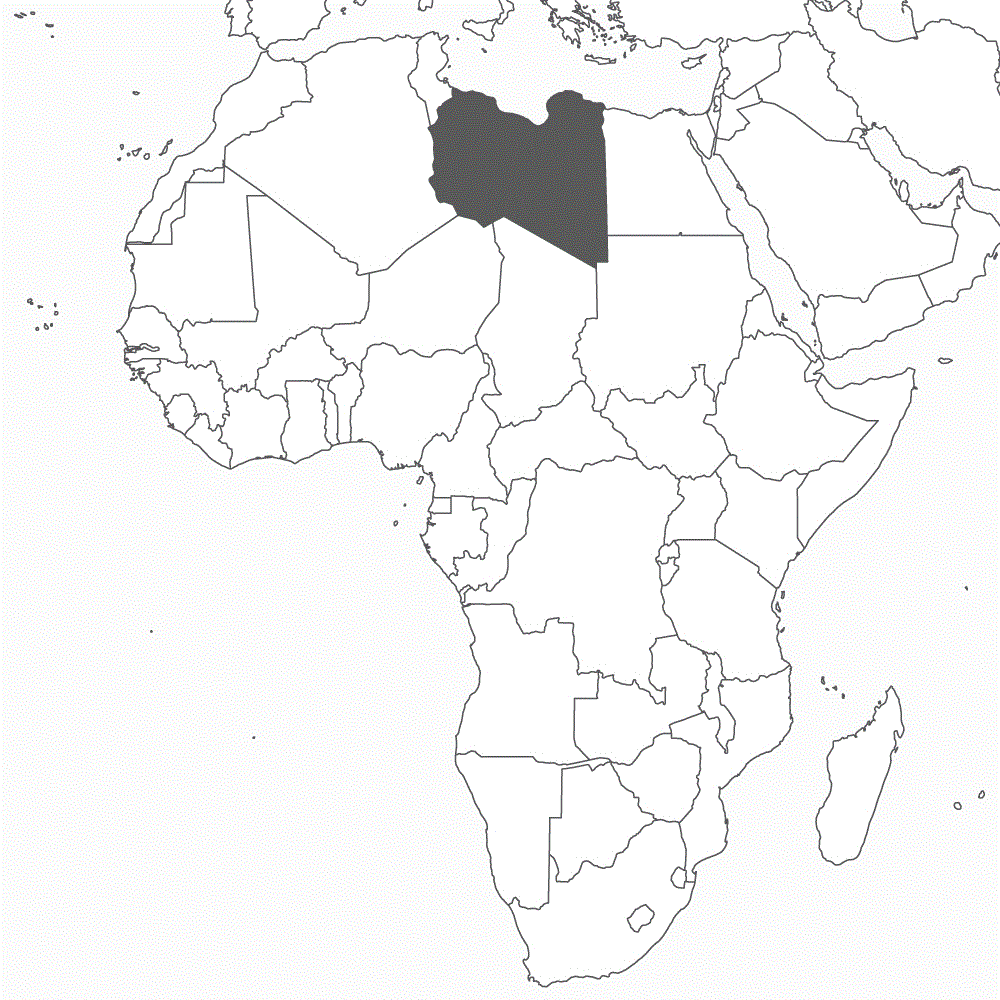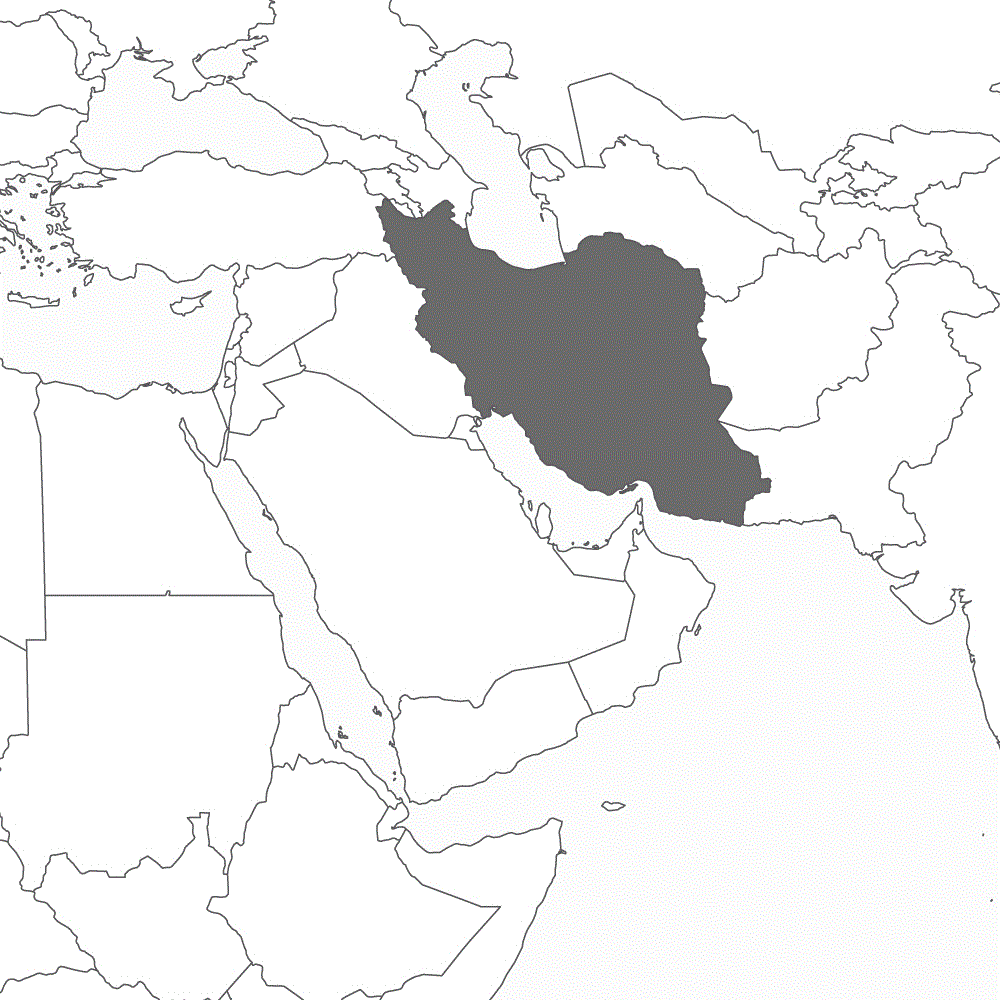McKinsey's Client Projects
New accusations of the Ministry of Defense arise in the "Consultant Affair," with EU implications
BERLIN (Own report) - New accusations have surfaced in the run-up to today's interrogation of former Defense Ministry State Secretary Katrin Suder by the parliamentary committee of inquiry in the Bundeswehr's "Consultant Affair." According to these accusations, the McKinsey Consulting firm - for which Suder had held a managing position before transferring to a managing position under Ursula von der Leyen in the Defense Ministry - had reaped much higher profits from Bundeswehr contracts than had previously been known. Recent reports set the amount pocketed by McKinsey, as subcontractor of the arms company IABG, to have even surpassed what the company had earned with direct contracts. The EU is also implicated in the consultation nepotism, allowed to develop in Berlin under von der Leyen's leadership. On the one hand, the EU Commission's new president has taken her closest staff members - who, until now, have consistently refuted all accusations against her - with her to Brussels. And on the other, according to Wolfgang Ischinger, Chair of the Munich Security Conference (MSC), McKinsey, has, for years, been supportive in Ischinger's efforts to introduce "analyses" on "European cooperation in defense" at the EU level - with success. Read more
The International Lawbreakers
Government advisors are warning against the growing number of US international law violations. Berlin should take a stand
BERLIN/WASHINGTON (Own report) - In reference to the US drone-murder of Iran's General Qassem Suleimani, German government advisors are warning against a growing number of violations of international law by the United States. For years, "the foreign policy of the Trump administration has demonstrated that it has been a particular strain on international law," observes an analysis published by Berlin's German Institute for International and Security Affairs (SWP). Suleimani's murder suggests that Washington is now beginning to extend its "war on terror" tactics, that had already become common-place under President Barack Obama - such as drone-murders - to leading representatives of foreign nations, it considers to be "a threat." In the future, "state representatives should fear for their lives, when they travel outside their country," because "the consequences for international diplomacy are hardly predictable." The SWP advises the German government to take a clear stand. Of course, in its attempts to implement its globalist policies over the past few decades, Berlin, too, has repeatedly violated international law, often as an accomplice of the USA. Read more
Eastward Mobilization Test (III)
Major US Defender Europe 20 Maneuver: First Troop Transfers begin today through Germany
BERLIN/WASHINGTON (Own report) - Contrary to all previous announcements, the major US Defender Europe 20 maneuver - aimed at Russia - begins already today, Thursday, with US Army troop transfers crossing straight through Germany. According to Bundeswehr information, this initiates the eastward troop movements due to continue until May, just three months prior to the official beginning of the maneuver's main phase - a month earlier than US forces had previously announced. In the course of the largest US maneuver in Europe in over 25 years, the Bundeswehr, according to its own admission, will exercise "above all, the fastest possible transfer of large military units to the potential area of conflict." NATO countries are not only exercising the transfer of troops to the eastern front, but also the hot war with Russia. Seven other military exercises are being initiated within the framework of Defender Europe 20, to set up a "battlefield network" in Eastern Europe within a comprehensive conflict scenario. According to US information, that scenario takes place in 2028. Read more
Berlin Libya Conference (II)
Experts voice skepticism about the results of the Berlin Libya Conference. Oil blockade escalates in Libya.
BERLIN/TRIPOLI (Own report) - Experts voice skepticism about the results of the Berlin Libya Conference. In the German capital, the heads of states and governments of the major countries involved in the Libyan war adopted a resolution yesterday providing, in particular, for a ceasefire, the implementation of an arms embargo and initial steps toward the reestablishment of the Libyan state. However, a formal ceasefire and a mechanism to enforce the arms embargo are absent, according to the Clingendael Institute, a Dutch think-tank. The Berlin Conference took place "in a sort of parallel reality to what is actually happening in Libya," Wolfram Lacher, a Libya scholar at the German Institute for International and Security Affairs (SWP) noted. New indications of a military escalation were reported yesterday and it appears that nearly the entire oil production is being throttled. German foreign policy politicians are discussing an EU military intervention involving also the Bundeswehr. Read more
Europe's Global Footprint
German foreign policy advisors are calling for a more offensive EU foreign policy and warn of the EU's decline
BERLIN (Own report) - German policy advisors are calling for a more offensive EU foreign policy and discuss strategies for dealing with the possibility of a global polarization between the USA and China. With Commission President Ursula von der Leyen's "geopolitical" commission the EU must strengthen its "global footprint," according to the current edition of "Internationale Politik," Germany's leading foreign policy journal. This not only pertains to foreign policy but to the economy as well. The Union must particularly seek to establish an independent IT sector and should take measures to ensure that the euro can play a stronger international role. Skeptics point out that in recent years the EU had not succeeded in enhancing its global political clout, even though it was considered a "nascent global power" at the turn of the new century. If this stagnation continues, "the only question" will be "whether Europe will become a satellite of the United States or of China." Read more
The German-Russian Treasure
Merkel negotiates with Putin over Libya. Berlin announces International Libya Conference
BERLIN/MOSCOW/TRIPOLI (Own report) - The German government can no longer implement important foreign policy projects in the Arab world without Russia's support, as the results of Saturday's negotiations between Germany's Chancellor Angela Merkel and Russia's President Vladimir Putin demonstrate. Moscow will, in principle, support the "Berlin Process", with which the German government would like to take on the role of an influential mediator in the Libyan war. Without Moscow, Berlin did not succeed in holding the International Libya Conference, which was designed to become the first highlight in the "Berlin Process." In the run-up to Merkel's Moscow visit, German foreign policy experts lavished unhabitual praise on the influence Russia has gained over the past few years. If you wanted to achieve anything in Syria, "you had to call Washington," according to Bijan Djir-Sarai, FDP foreign policy parliamentarian, "today you have to call Moscow." Alexander Graf Lambsdorff, member of the Bundestag (FDP) calls German Russian relations "a treasure." Read more
Relegated to the Role of Spectator
EU powers warn of external interference in Libya. Russia and Turkey are contemplating a process to end the war
BERLIN/TRIPOLI (Own report) - German Foreign Minister Heiko Maas warns against foreign countries interfering in Libya. "Continuing outside interference is fueling the crisis," according to yesterday's joint statement, signed by Maas and his counterparts from France, Italy, Great Britain and the EU's High Representative for Common Foreign and Security Policy, "to the detriment of the country's national interests." In 2011, France and Great Britain had been the driving forces behind the war on Libya. Germany and Italy have been intervening in the country for years - to ward off refugees. The sudden warning against foreign interference must be seen in the context of the fact that Russia and Turkey have gained a strong position within the country by cooperating with parties engaged in the civil war. Observers reported that, similar to the "Astana Process" in Syria, Moscow and Ankara are now seeking to end also the war in Libya - under Russian-Turkish leadership. This would be a further blow to Western hegemony. Berlin is trying to prevent this with its own International Libya Conference. Read more
An Assassination and its Consequences
Conflict over Iran escalates. Iraqi parliament demands the withdrawal of the German Bundeswehr
WASHINGTON/TEHRAN/BERLIN (Own report) - Following the USA's assassination of Iranian General Qassem Soleimani and other high-ranking Iraqi and Iranian military personnel, demands are being raised in Baghdad to expel the foreign troops, including the Bundeswehr. The Anti-IS Coalition troops, stationed in Iraq, must leave the country, the Iraqi parliament ruled yesterday. The German government insists on keeping German troops in Iraq to be able to maintain its options for gaining influence in that country. Berlin had earlier already rejected calls to end its deployment for security reasons. Camp Taji near Baghdad, where 27 German soldiers are currently stationed, had already come under missile fire in June. The camp could become a possible target for retaliatory strikes by Iran or pro-Iranian militias. Whereas the German government euphemizes the assassination of Soleimani as "a line of action undertaken by the United States", the chairman of the SPD parliamentary group officially called it a “violation of international law." A government advisor spoke of "state terrorism." Read more
GERMAN-FOREIGN-POLICY.com
Information on German Foreign Policy: News + Interviews + Analyses + Background


